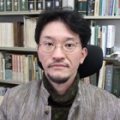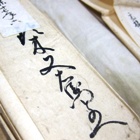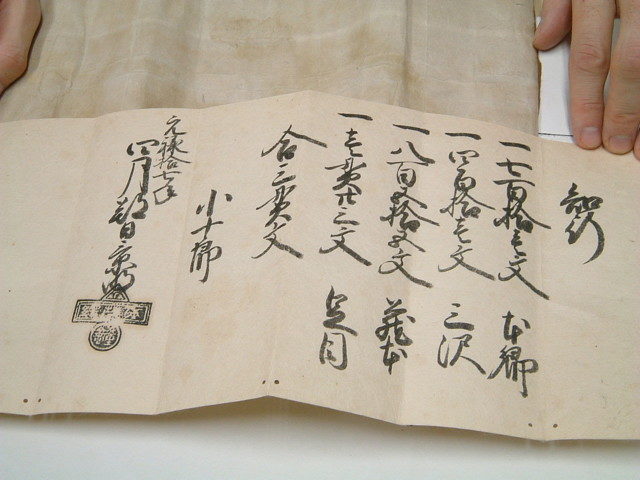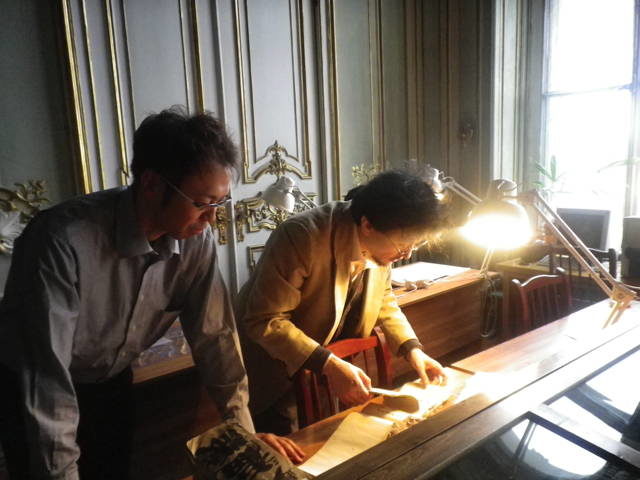Profile

- Research Subject
A Study of Ainu community system with Wazin(Japanese majority) in the Ezochi≪蝦夷地≫ area in Edo Era Hokkaido.
If you want to study in my course, you are required the reading skills for modern Japanese and handwritten letters in Edo Era.
- Research Fields
- Japanese early modern(Edo Era) history
- Faculty - Division / Research Group / Laboratory
- Division of Humanities / Research Group of History / Laboratory of Japanese History
- Graduate School - Division / Department / Laboratory
- Division of Humanities / Department of History / Laboratory of Japanese History
- School - Course / Laboratory
- Division of Humanities and Human Sciences / Course of History and Anthropology / Laboratory of Japanese History
- Contact
TEL: +81-11-706-2310
FAX: +81-11-706-2310
Email: ajtnmt(at)let.hokudai.ac.jp
Replace “(at)” with “@” when sending email.
When you want to contact me by email,
please give me a message in Japanese.Foreign exchange students who want to be research students (including Japanese residents) should apply for the designated period in accordance with the “Research Student Application Guidelines”. Even if you send an email directly to the staff, there is no reply.- Related Links
Lab.letters


All information is in komonjyo (ancient documents). Unknown Hokkaido history from the period of national isolation
Hokkaido, which was called “Ezochi” during Japan’s era of seclusionist policy, had an unusual society where the Ainu culture and the Japanese culture coexisted. Basho ukeoinin (merchants and traders working at trading posts), who ruled over the southern and central parts of Hokkaido, depended on Ainu people for labor, while also offering preferential treatment to ethnic Japanese from the main island of Japan who settled in Hokkaido. Consequently, it is recorded that by incorporating both parties’ rites and festivals into annual events, they established complex, affluent communities.
We live in a modern society that’s a mixture of various cultures and values. Identifying how Ezochi in the early-modern times came to terms with different cultures could give us clues to solving issues of modern society. And all information lies in documents from olden days. These documents play a major role as a treasure-trove of information filled with our predecessors’ activities, wisdom and thoughts.
Peruse, formulate, document. A comprehensive intellect cultivated through historical research
What’s extremely important in historical research is to adopt a stance of constantly questioning yourself about the significance of the study you’re dedicated to. The basic knowledge necessary for interpreting old documents can be acquired through classes during your undergraduate years and optional seminars. Tackle historical sources and documents by applying basic reading skills, gather reliable information and logically formulate your own opinion to complete a thesis. This series of efforts will surely help you to address various challenges after graduation. I believe my lecture on Japanese history will contribute to your further growth.
Message
The lectures I give are all in Japanese. Please note that the ability to read and write modern Japanese, to read and comprehend literary language (Japanese classics) and to engage in discussion in Japanese are prerequisites.




